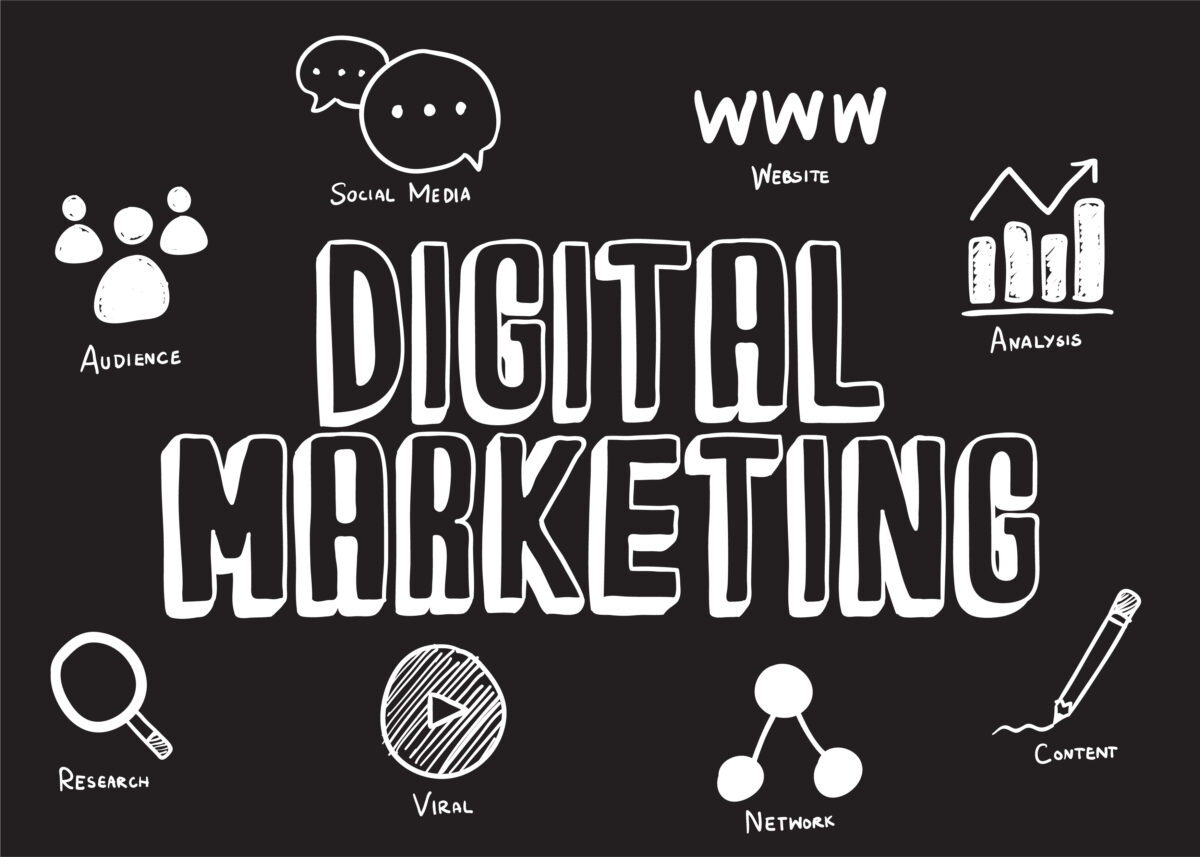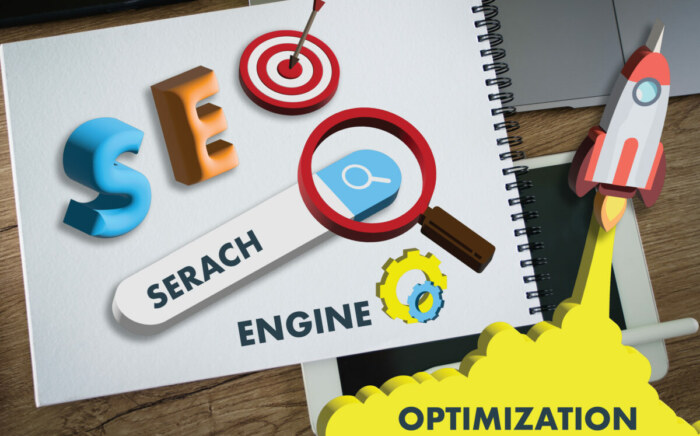Outline:
- Introduction
- Strategy 1: Search Engine Optimization (SEO)
- Importance of SEO for e-commerce
- Keyword research and optimization
- On-page and off-page SEO techniques
- Strategy 2: Content Marketing
- Creating valuable and engaging content
- Blogging and guest posting
- Social media content distribution
- Strategy 3: Email Marketing
- Building an email list
- Segmentation and personalization
- Automation and drip campaigns
- Strategy 4: Influencer Marketing
- Identifying relevant influencers
- Collaborating and partnering with influencers
- Leveraging influencer-generated content
- Strategy 5: Social Media Advertising
- Targeting the right audience
- Crafting compelling ad copy
- Monitoring and optimizing campaigns
- Conclusion
- FAQs
- How long does it take to see results from digital marketing strategies?
- Are these strategies applicable to all types of e-commerce businesses?
- Can I implement these strategies or hire a digital marketing agency?
- What metrics should I track to measure the success of these strategies?
- Is it necessary to implement all five strategies, or can I choose a few?
In today’s digital age, where online shopping has become increasingly popular, having a solid online presence is vital for e-commerce businesses. To stand out from the competition and drive more traffic and sales, it’s crucial to implement effective digital marketing strategies. In this article, we will explore five proven strategies your e-commerce should implement to succeed in the online marketplace.
Strategy 1: Search Engine Optimization (SEO)
Importance of SEO for e-commerce:
Search Engine Optimization (SEO) is pivotal in ensuring your e-commerce website ranks higher in search engine results pages (SERPs). By optimizing your website for relevant keywords, you can attract organic traffic and improve your visibility among potential customers.
Keyword research and optimization:
Effective SEO starts with thorough keyword research. Could you identify relevant keywords that align with your e-commerce business and products? These keywords should have a high search volume and relatively low competition. Once you have a list of target keywords, optimize your website’s meta tags, headings, and content to include these keywords naturally.
On-page and off-page SEO techniques:
On-page SEO involves optimizing various elements within your website, such as meta descriptions, image alt tags, and URL structures. Also, I’d like you to focus on creating high-quality, informative content that provides value to your visitors. On the other hand, off-page SEO involves building backlinks from reputable websites, which signals to search engines that your website is trustworthy and authoritative.
Strategy 2: Content Marketing
Content marketing is an effective strategy to attract and engage your target audience. By creating valuable and relevant content, you can establish your e-commerce brand as an authority in your industry. Here are some key aspects of content marketing for e-commerce businesses:
Creating valuable and engaging content:
Produce informative blog posts, articles, videos, and infographics that address your target audience’s pain points and interests. Offer valuable insights, tips, and advice showcasing your expertise and building trust with potential customers.
Blogging and guest posting:
Maintaining an active blog on your e-commerce website is an excellent way to produce fresh content consistently. Also, could you consider guest posting on industry-relevant blogs to expand your reach and attract new customers?
Social media content distribution:
Leverage social media platforms to distribute and promote your content. Share your blog posts, videos, and infographics across social media channels to increase visibility and encourage engagement.
Strategy 3: Email Marketing:
Email marketing remains one of the most effective strategies for driving customer engagement and increasing sales. You can establish solid relationships and encourage repeat purchases by building an email list and nurturing your subscribers. Here’s how you can make the most of email marketing:
Building an email list:
Offer incentives such as exclusive discounts or free resources to encourage visitors to subscribe to your email list. Capture their contact information and ensure you obtain their consent to send promotional emails.
Segmentation and personalization:
Segment your email list based on various criteria, such as purchase history, demographics, and interests. Tailor your email campaigns to specific segments, delivering personalized content and offers that resonate with each group.
Automation and drip campaigns:
Utilize automation tools to set up drip campaigns that deliver targeted emails to subscribers at predetermined intervals. This allows you to nurture leads and guide them through the customer journey.
Strategy 4: Influencer Marketing
Influencer marketing has gained significant traction in recent years. Collaborating with influencers with a solid following and influence within your target audience can help amplify your brand’s reach and credibility. Here’s how to make the most of influencer marketing:
Identifying relevant influencers:
Research and identify influencers who align with your e-commerce niche and have an engaged audience. Look for influencers who effectively promote your products and resonate with your target customers.
Collaborating and partnering with influencers:
Reach out to influencers and propose mutually beneficial partnerships. Offer them free products or commission-based incentives in exchange for promoting your products to their audience. This can generate brand awareness and drive traffic to your e-commerce website.
Leveraging influencer-generated content:
You can encourage influencers to create and share content with your products. User-generated influencer content adds authenticity and social proof, convincing potential customers to trust and purchase from your e-commerce store.
Strategy 5: Social Media Advertising
Social media platforms offer powerful advertising opportunities to effectively reach and engage your target audience. You can drive traffic, generate leads, and increase conversions by running targeted ad campaigns. Here’s how to leverage social media advertising:
Targeting the right audience:
Leverage the advanced targeting options social media platforms provide to reach your ideal customers. Define your target audience based on demographics, interests, and behaviors to ensure your ads are shown to the most relevant users.
Crafting compelling ad copy:
Write persuasive ad copy that grabs attention, highlights the unique selling points of your products, and includes a solid call to action. Use visually appealing images or videos to enhance the effectiveness of your ads.
Monitoring and optimizing campaigns:
You should regularly monitor the performance of your social media ad campaigns and make data-driven optimizations. Adjust your targeting, ad creative, and bidding strategies based on the metrics that matter most to your e-commerce business, such as click-through rates, conversions, and return on ad spend.
Conclusion
Implementing these five proven digital marketing strategies can significantly boost the success of your e-commerce business. You can increase your online visibility, attract more customers, and drive sales by focusing on SEO, content marketing, email marketing, influencer marketing, and social media advertising. Remember to continuously analyze and optimize your marketing efforts to stay ahead of the competition and adapt to changing consumer behaviors.
FAQs
- How long does it take to see results from digital marketing strategies? The timeline for seeing results from digital marketing strategies can vary depending on various factors, such as the competitiveness of your industry, the effectiveness of your implementation, and the resources allocated. Generally, it may take a few months to start seeing noticeable results, but consistent effort and optimization will yield long-term benefits.
- Are these strategies applicable to all types of e-commerce businesses? While these strategies are generally adequate for most e-commerce businesses, tailoring them to your specific industry, target audience, and goals is essential. You can adapt the system to align with your unique business needs and requirements for the best results.
- Can I implement these strategies or hire a digital marketing agency? It depends on your expertise, available resources, and time commitment. If you have a solid understanding of digital marketing and the capacity to execute these strategies effectively, you can implement them yourself. However, hiring a reputable digital marketing agency can provide expertise, save time, and deliver results through their specialized knowledge and experience.
- What metrics should I track to measure the success of these strategies? Key metrics to follow depend on the specific design and objectives. Monitor organic search rankings, website traffic, and conversion rates for SEO. For content marketing, track engagement metrics such as blog post views, social shares, and time spent on the page. Open rates, click-through rates, and conversion rates can measure email marketing success. Influencer marketing success can be gauged by reach, engagement, and sales attributed to influencer collaborations. Social media advertising success can be measured by click-through rates, conversions, and return on ad spend.
- Is it necessary to implement all five strategies, or can I choose a few? While implementing all five strategies can provide a comprehensive approach to digital marketing, it’s optional to implement all of them. You can assess your business goals, target audience, available resources, and the competitive landscape to determine which strategies align best with your objectives and prioritize accordingly.
Bonus:
If you found this blog post helpful and are eager to dive deeper into digital marketing, we have a treat for you! We invite you to explore our comprehensive guide, “Must-Have Tools for Digital Marketing: 2023 Edition.”
This blog has compiled a list of essential tools and resources that will empower you to take your digital marketing efforts to the next level. Whether you’re a seasoned marketer or just starting, these tools will help you streamline your workflow, boost productivity, and achieve better results.
Inside our “Must-Have Tools for Digital Marketing: 2023 Edition” blog, you can expect to find:
- In-depth reviews: We provide detailed insights into various digital marketing tools across different categories, including social media management, email marketing, SEO, content creation, analytics, and more. We’ve researched so you can save time and make informed decisions about which tools suit your needs best.
- Expert recommendations: Our team of experienced digital marketers and industry experts have shared their top tool recommendations and insights on leveraging them effectively. Their expertise will help you make the most of these powerful resources, from automating repetitive tasks to optimizing your ad campaigns.
- Emerging trends: Digital marketing is a rapidly evolving field, and staying up to date with the latest trends is crucial for success. Our blog highlights the emerging technologies and strategies shaping the industry in 2023 and beyond. You should be prepared to stay ahead of the curve and outshine your competition.
To access this exclusive resource, head to our blog post “Must-Have Tools for Digital Marketing: 2023 Edition” and equip yourself with the knowledge and tools needed to excel in digital marketing.
Click [Must-have Tools for Digital Marketing: 2023 Edition] to read our comprehensive guide now!
Remember, digital marketing is a dynamic and ever-changing field. By staying informed and leveraging the right tools, you can stay ahead of the curve and drive meaningful results for your business or brand.
Thank you for being a part of our digital marketing community, and we look forward to seeing you at our “Must-Have Tools for Digital Marketing: 2023 Edition” blog post!
Content marketing!



